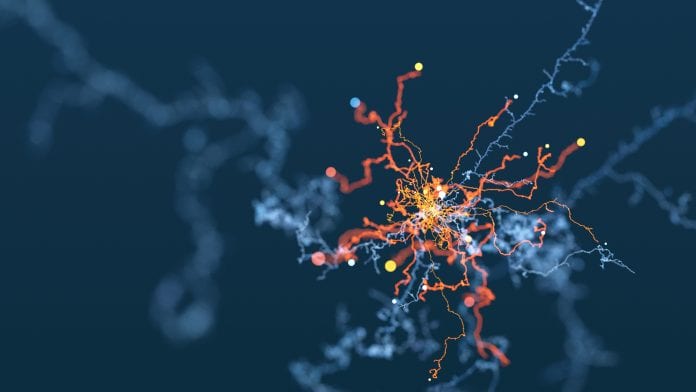
David Le Penske, Director of Healthcare and Life Sciences, Digital Innovation, at Insight Enterprises, discusses the adoption of Artificial Intelligence (AI) in healthcare.
AI is undoubtedly changing the healthcare industry, making it more efficient and driving better outcomes for patients. COVID-19 has served as an accelerator of adoption – a catalyst in helping the industry catapult itself forward, taking advantage of the best technology has to offer. Barriers to adoption persist, however, as many applications of AI in healthcare remain uncharted territory.
Data gathering
The vast majority of the world’s health systems are not using their data and AI to make helpful predictions that inform decision making, creating tremendous opportunity to use data and AI to help make more insightful healthcare decisions. But the challenge is in finding common, replicable use cases.
To start, healthcare providers are looking to understand how the disparate clinical data they gather can be organised better into an efficient pipeline that can be used to tap into accurate, predictive data intelligence. By organising or feature engineering the available clinical data regardless of electronic medical record systems, we can optionally combine it with social determinant data into a common data model structure. Once this data is commonly structured, we can then use temporal or time-series machine learning for medical data modelling, to rapidly optimise informed business or clinical decision support.
This level of data gathering and analytics, however, relies upon a well-built cloud architecture. The good news is that cloud providers are intensifying their focus on rapidly evolving services and capabilities to support both the prediction and scale of healthcare. Microsoft recently announced the Microsoft Cloud for Healthcare, a fully Health Insurance Portability and Accountability Act of 1996 (HIPAA) compliant cloud with native solution capabilities geared to leverage AI and facilitate improved care collaboration and communication.
Adopting AI in healthcare does not mean removing people from the equation, but rather fully leveraging your greatest care asset – your data – to drive informed business and clinical support. AI synthesises the data, giving providers more resources for patient care; it also saves valuable time on data entry and analysis.
AI applications are not limited to direct patient care – they are useful to lab technicians, helping them prioritise which labs to work on first. In recent work with a client, Insight created a system to triage lab tests, thereby shortening patient stays. Simply automating legacy processes through AI can translate to tangible outcomes for patients and a healthcare system’s bottom line.
Adopting AI in healthcare
AI, though, is not a ‘set it and forget it’ technology – models can’t be built once and remain useful forever. ‘Black Swan’ health events like COVID-19, for instance, cannot rely on historical models for accurate predictions because they present unique situations. To solve this, healthcare providers can turn to an AI DevOps model to challenge the system – using some data to train the model, and additional datasets to test it. Outlier events should also trigger an alert for human review.
Given Health Insurance Portability and Accountability Act (HIPAA) regulations, there is a general reticence towards adopting technology where it relates to security and compliance. In recent years, however, technology – including the cloud – has caught up to the security needs of healthcare data, making governance practices safer and more secure. Further, the pandemic has demonstrated the applicability and need for advancements in our healthcare system – and the positive impact greater adoption can have.
The pandemic has served as a timely reminder that we must turn our eyes to digital innovation to help us navigate the changing world. COVID-19 vaccines, therapeutics and clinical trials are all leveraging data, AI, and global research collaboration powered by the cloud. It’s time for healthcare to speed innovation to improve healthcare outcomes and lower costs.
Insights in this article have been taken from the report AI in Healthcare: Perspectives on a Changing Sector from The AI Journal.
David Le Penske
Director of Healthcare and Life Sciences
Digital Innovation
Insight Enterprises









